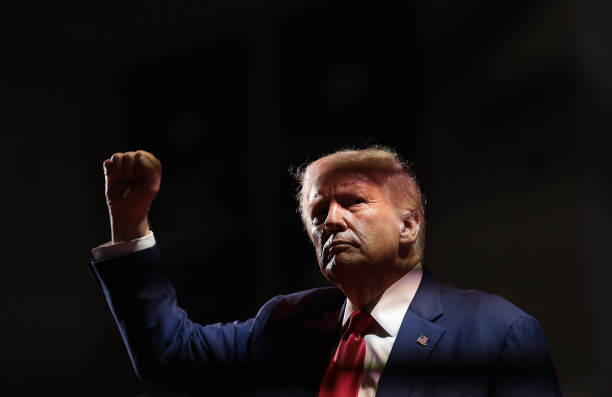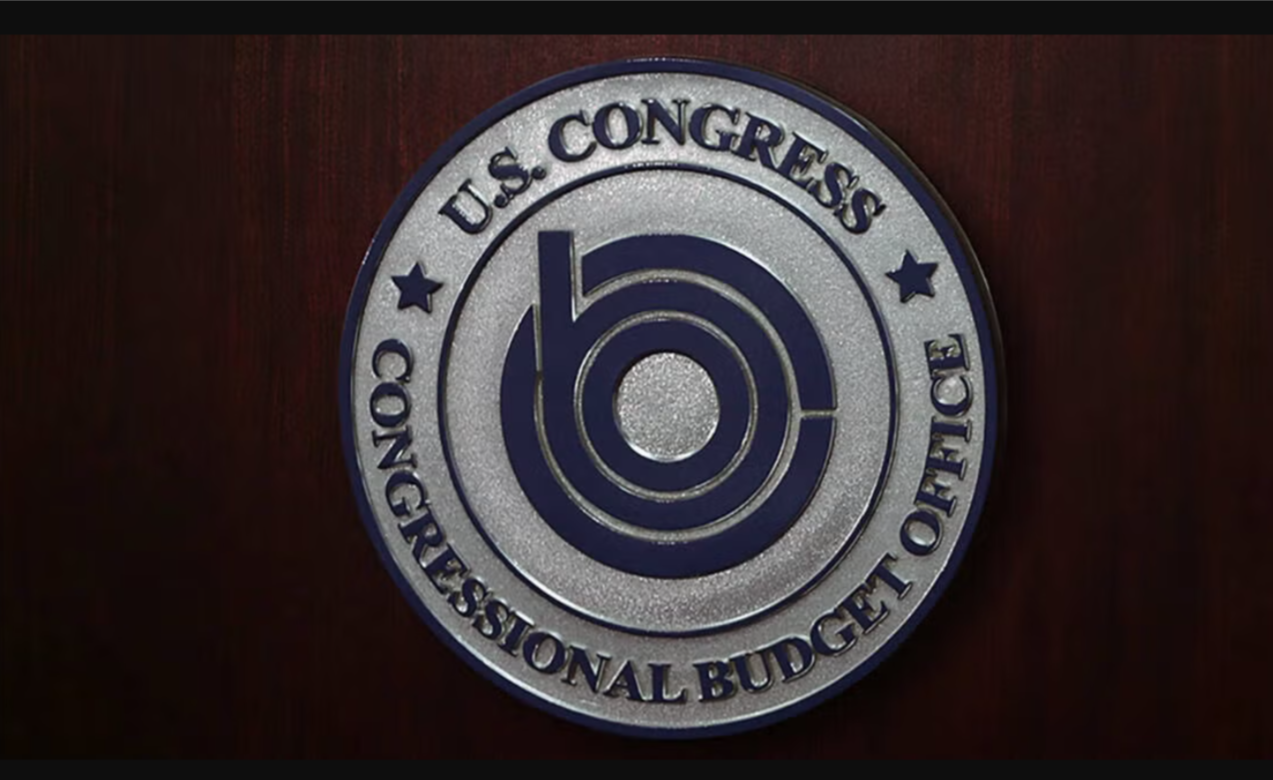(ThyBlackMan.com) Most Americans grow up with the following maxim: “Socialism is bad.” This is despite the fact that relatively few of us actually know what the term means. Socialism is an expansive concept that encompasses a range of economic, political and social philosophies. This notwithstanding, Americans usually have a reflexively negative reaction when they hear the term.
From a partisan political perspective, Republicans have tended to be more vehemently opposed to socialism, not to mention communism, than Democrats are. Thus, it should be surprising that a Republican president is experimenting with America’s capitalistic system.

But that Republican president is Donald Trump.
Since his inaugural run in 2016, Trump has been a populist cosplaying as a Republican. He is a businessman and entertainer who, at the behest of his father, was trained in politics under the tutelage of infamous attorney Roy Cohn. Trump is not an ideologue who has a core political philosophy; he is a transactional dealmaker whose interest ultimately is doing whatever he believes benefits him financially and/or politically.
Fortunately for him, Donald Trump has an innate understanding of his base that befuddles politicians and pollsters alike, allowing him to venture far outside long-established Republican norms. This brings me to his full-throated embrace of the U.S. government acquiring ownership stakes in private companies such as Intel, U.S. Steel and MP Materials. Such actions usually would be anathema to his party.
Trump also crafted a deal in which the U.S. government will levy a 15% tax on computer chips that Nvidia and AMD sell to China. (We all know how much Republicans love increasing taxes.) Interestingly, U.S. tech companies balked when President Biden tried to get them to buy more chips from Intel, which makes China’s eagerness to acquire them somewhat curious.
How unusual is all this for a Republican? Sen. Bernie Sanders, an avowed Democratic Socialist, applauds Trump’s investment decisions. Equally as important, Sen. Rand Paul is apoplectic over these offenses to Republican orthodoxy. Still, at this point, Trump remains extremely popular among the party faithful. Ronald Reagan has officially left the building.
Not coincidentally, government ownership in private enterprises is a feature of the three most common forms of authoritarian government: socialism, communism, and fascism. In short, government ownership, even without a controlling interest, is the antithesis of the market-based capitalism that is the hallmark of the American economy.
It is common for governments to exert substantial control over companies in places like the Middle East, China, Russia and even France. However, Americans should be reminded that similar actions have occurred throughout our history, though almost always in times of war or financial crisis. Consider, for example, what Presidents Bush and Obama did during the Great Recession (e.g., by creating the Troubled Assets Relief Program, or TARP).
While there is no war or crisis that led to Trump’s actions, one could reasonably argue that national security is at stake with most of his deals. Plus, aside from this, there are many other examples of socialism in the U.S., including Social Security and government subsidies of pro sports teams (e.g., tax dollars going to build stadiums).
Here’s the key question in all this: What is a “good” outcome? Is it good if the companies – and thus the government – make money on these deals? If that were to be the case, should the government do this more often? Clearly, Trump’s view is that the American people should benefit financially if their tax dollars go to private companies. This goes beyond the traditional notion that it is enough for Americans to benefit when the economy writ large does well.
It bears noting that Republicans were not impressed when government intervention resulted in a huge profit and saved millions of jobs when it bailed out companies during the Great Recession. For example, the investment in AIG itself netted taxpayers $23 billion in profits.
And what about competition? Do such investments amount to the government picking winners and losers? After all, trillions of dollars in annual government spending could make for a very heavy thumb on the scale. Further, one wonders how Trump’s base would react if the government lost billions of dollars instead.
In any case, Republicans might want to rethink using “socialist” as an epithet. The “rubber and glue” retort we all used as kids is in full effect.
Written by Larry Smith

















Leave a Reply